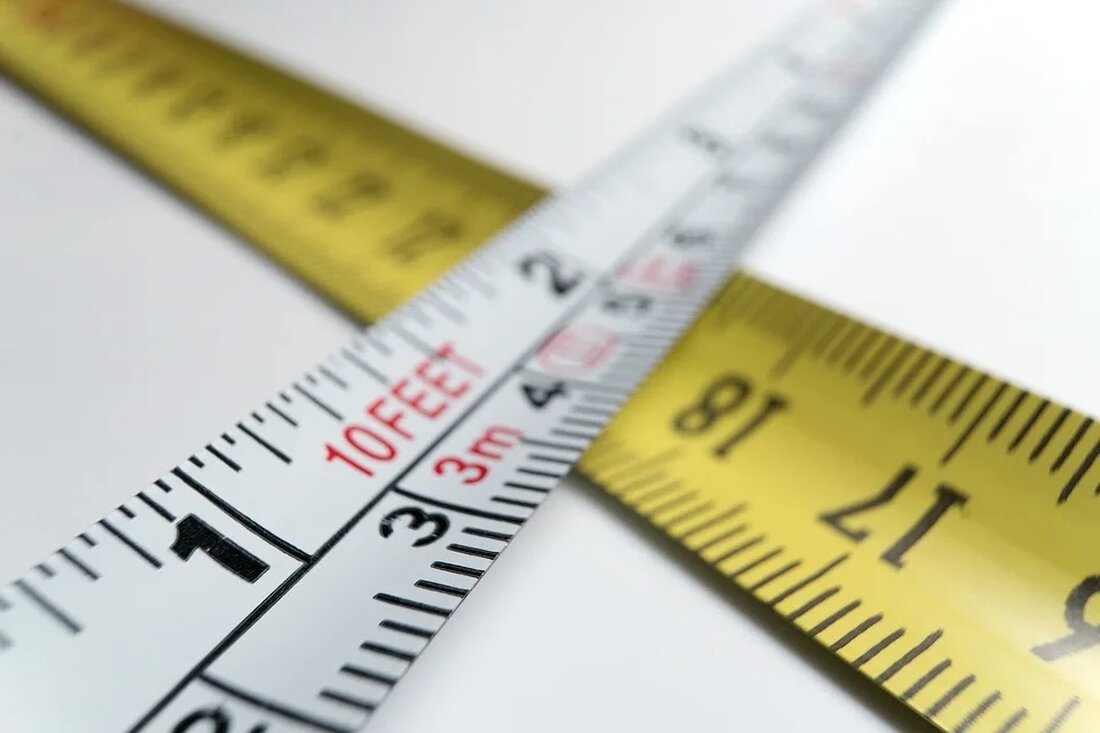Zero-waste lifestyle: practical tips
into the zero-waste lifestyle The zero-waste lifestyle, or living without waste, is more than a trend, but a form of modern environmental awareness. From conscious purchasing to individual lifestyles to the way we spend our free time, there are many ways to reduce waste and thus make a contribution to environmental protection. In this article you will find practical tips on how to integrate the zero-waste lifestyle into your daily life. What does zero waste mean? Zero waste means producing no waste that is sent to landfill. It refers to reducing waste through recycling, composting and the...

Zero-waste lifestyle: practical tips
into the zero-waste lifestyle
The zero-waste lifestyle, or living without waste, is more than a trend, but a form of modern environmental awareness. From conscious purchasing to individual lifestyles to the way we spend our free time, there are many ways to reduce waste and thus make a contribution to environmental protection. In this article you will find practical tips on how to integrate the zero-waste lifestyle into your daily life.
What does zero waste mean?
Zero waste means producing no waste that is sent to landfill. It refers to reducing waste through recycling, composting and consciously avoiding single-use products. The goal is to use resources efficiently and keep the ecological footprint as small as possible.
Why is zero waste important?
The amount of waste we produce worldwide is continually increasing. According to the World Bank, if we don't take action, the amount of waste produced worldwide will rise to 3.4 billion tons by 2050. In addition, the production of disposable products pollutes our environment and uses valuable resources. Through a zero-waste lifestyle, we can contribute to environmental protection and conserve our resources.
How can I live a zero-waste life?
Living a zero-waste life may seem intimidating at first, but it is entirely doable if you change your habits one step at a time. Below are some practical tips that can help you.
Shopping with less waste
When shopping, large amounts of waste are often generated - especially packaging waste. Here are some tips to make your shopping less wasteful:
- Jute- oder Stoffbeutel verwenden: Plastiktüten sind eine der größten Verschmutzungsquellen. Bringen Sie eigene wiederverwendbare Beutel mit und vermeiden Sie Plastiktüten, wann immer es geht.
- Eigene Behälter für lose Produkte mitbringen: Viele Supermärkte und Bioläden bieten inzwischen lose Produkte an. Dort können Sie eigene Behälter mitbringen und Müll vermeiden.
- Auf Einwegverpackungen verzichten: Kaufen Sie Lebensmittel in Glas- oder Metallverpackungen, die wiederverwendet oder recycelt werden können.
Switch to zero waste in the household
There are also many ways to switch to zero waste at home. Here are some tips:
- Wiederverwendbare Produkte kaufen: Statt Einwegprodukten wie Küchenpapier oder Servietten können Sie auf wiederverwendbare Alternativen umsteigen.
- Kompostieren: Organische Abfälle können kompostiert und als Dünger im Garten verwendet werden.
- DIY-Reinigungsmittel: Viele Reinigungsmittel können Sie einfach selbst herstellen. Das spart Verpackungsmüll und Sie wissen genau, was drin ist.
Zero waste at work and in your free time
- Eigenes Geschirr und Besteck mitbringen: Ob beim Mittagessen oder dem Kaffee zwischendurch, eigenen Becher und Besteck mitzubringen, verhindert eine Menge Müll.
- Digitalisieren: Versuchen Sie, so viel wie möglich digital zu erledigen und so Papier zu sparen.
recycling
If it is not possible to avoid waste, it should ideally be recycled. This also includes special collection systems for electrical devices, batteries and lamps. Metal, glass and plastic packaging can also be recycled.
Conclusion
A zero-waste lifestyle cannot be achieved overnight, but every step counts. By shopping consciously, living sustainably and conserving our resources, we can make a valuable contribution to environmental protection. With the tips above, you can start reducing your waste and adopting a zero-waste lifestyle.

 Suche
Suche
 Mein Konto
Mein Konto
